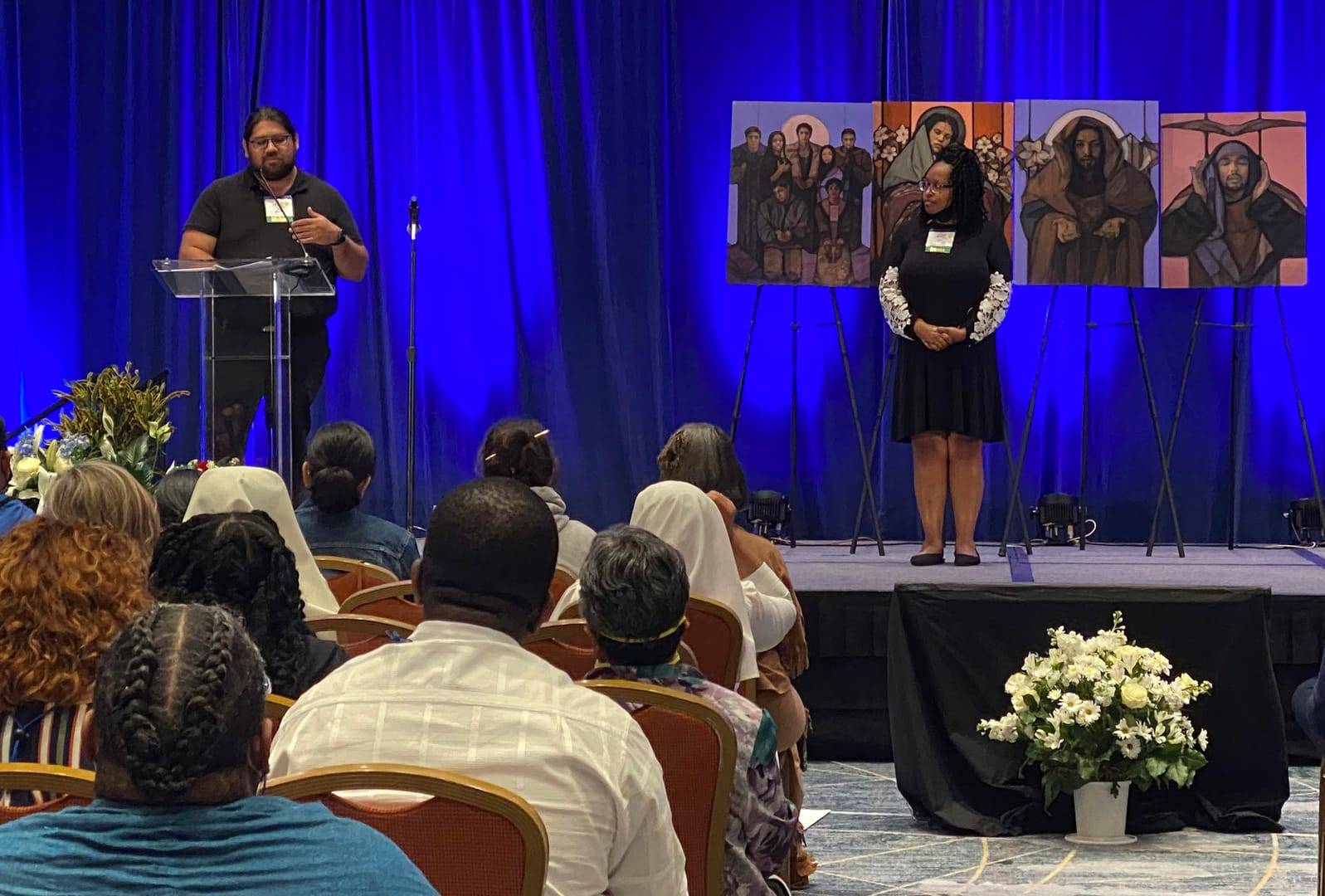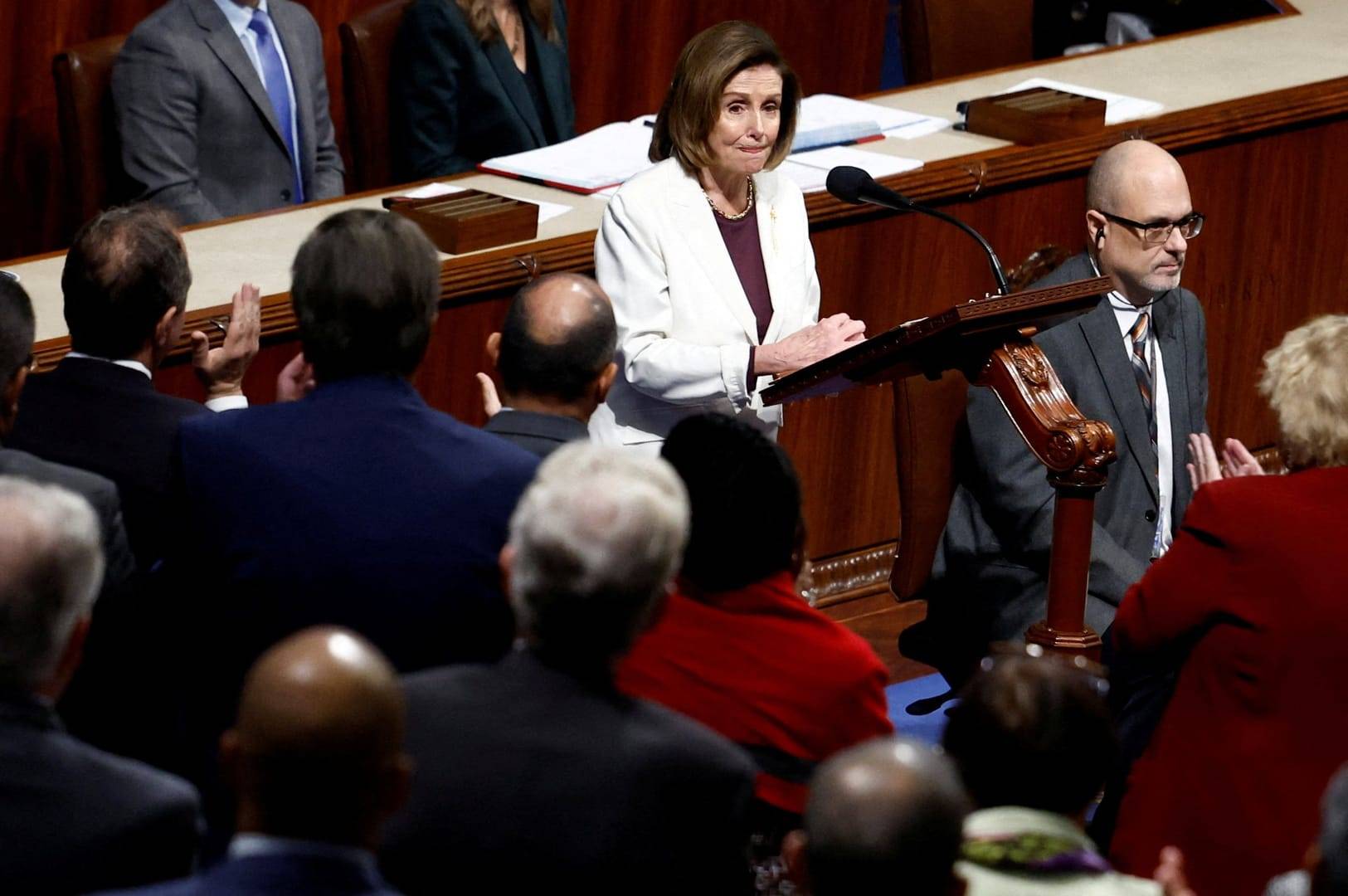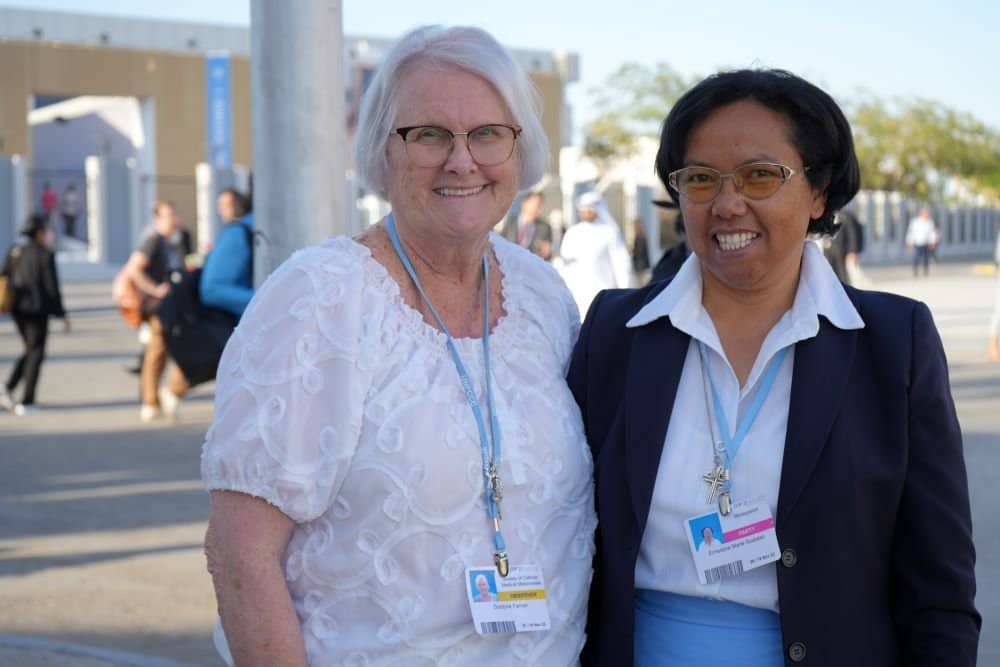WASHINGTON — In the first 22 years of ministry in a Haitian outpost so rural that no road led to it, Father Joseph Philippe did some amazing things — including getting that road built.
He also established a school on the French model that goes through the 14th grade, a university, a bank, a community center, a radio station, and he founded an order of women religious.
All of this is chronicled in the documentary “Father Joseph,” which tells the priest’s story.
In Washington for a Sept. 27 screening of the film before a university audience, Philippe — called “Father Joseph” throughout the movie and by the filmmakers who sat in on the interview — told Catholic News Service that he prays every morning almost as if making an argument with God.
“I want him to hurry up!” Philippe said. Otherwise, he added, “he gets an ‘I,’ for incomplete.”
He realizes, though, that his prayers also are a way of reminding him that everything works on God’s time.
Philippe can’t be blamed for being impatient. When a cataclysmic earthquake struck Haiti in January 2010, the temblor’s epicenter was closer to the town of Fondwa, where he has ministered since 1988, than to the Haitian capital of Port-au-Prince.
The school, the university, the radio station, the community center, the sisters’ convent — all were destroyed in the quake. Rebuilding started as soon as possible, but six years later the process remains slow, the country’s needs innumerable, and it’s not as if the government had offered help before.
It will take $1.2 million to rebuild the school, which educates more than 600 children from Fondwa and several nearby towns, but so far only half has been raised.
Current events also seem to be conspiring against Haitians. The United States announced in late September that Haitian refugees arriving in the United States — some go by boat, but others now take a path through Mexico — will be deported almost immediately upon arrival.
And the neighboring Dominican Republic, which shares the island of Hispaniola with Haiti, has sought to expel all ethnic Haitians and return them to Haiti.
“By following Jesus, I’m trying to get over my anger and ‘hatredness,'” Philippe said, before playfully noting that the Dominican Republic won one medal in the 2016 Summer Olympics, “but he was a Haitian,” adding a big smile afterward.
The priest said he got his vocation from his father, who was a lay minister at the parish church where he grew up. His mother was a seamstress who now lives near Orlando, Florida.
Philippe did some of his priestly studies at the Chicago Theological Union, where he said the administration “were willing to teach classes they did not have” in how to integrate spirituality with community organizing — and in which he was the only student.
But it has not been a worry-free ministry. The regime of Jean-Claude “Baby Doc” Duvalier allotted no money to help Fondwa. The first presidential term of Jean-Bertrand Aristide, the onetime priest who rode community organizing to political victory, was snuffed out by a military coup.
In the film, Philippe says he named his dog Cedras after Raul Cedras, the junta leader, just so the priest could order him around: “Cedras, go away!” However, after Aristide reclaimed the presidency, he turned out to be a disappointment, according to the priest.
One of Philippe’s mentors, Father Jean-Marie Vincent, was slain by gunmen outside his front door in 1994. “Not only had I lost a friend, but we had lost a freedom fighter,” he says in the film.
Despite the setbacks, one element of Philippe’s ministry has continued strongly. That is Fonkoze Financial Services, which he founded. “Fonkoze” is Creole for “shoulders together.” The enterprise started with 10 branches thanks to a grant that was meant to fund just five. Today, it has 46 branches, 800 employees, and 250,000 savers. Its U.S. operation is able to send $2 million annually to Haiti.
Philippe has had remarkable success in inviting, or cajoling, Haitians and Americans alike to take up the cause of community organizing and development. One fruit of that is the Raising Haiti Foundation (raisinghaiti.org), that helps raise funds for Philippe’s various projects in Fondwa.
And, while the priest has made many trips to the United States to enlist allies, “Father Joseph” can now speak for him. The film, produced by Floating World Pictures, is available on DVD iTunes, Amazon and Netflix.
“I have lived a good life,” he said.

















